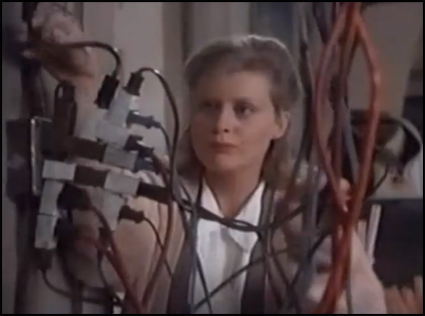If you saw the Super Bowl this past Sunday, you saw some interesting things.
1) The Baltimore Ravens beat the San Francisco 49ers.
2) Neither Beyonce nor Alicia Keys lip synched her performance.
3) The game was delayed 34 minutes because of a power failure.
That's right. The most watched event in human history was delayed because the lights in the stadium went out. How is this possible?
It's hard to calculate the cost of such a mistake, but since the average 30-second ad cost $4 million, you could make the case that this was at least a quarter billion dollar snafu.
How could this happen and what caused it? It's hard to say at this point, but it does seem inconceivable.
Well, inconceivable trial technology failures are precisely the kind of thing you need to plan for in the courtroom. At some point in everyone's career, something is bound to go wrong during trial, and you need to minimize the chance of something going wrong with your trial technology.
Here are 12 possible problems that could lead you to fumble the ball during your trial presentations, and here are ways of preventing them.
1) Inadequate planning. If you are going to be at a trial site for some time, whether you are working at a firm office or out of a hotel, you must plan a month or more in advance. If you do not, you will stay in the wrong hotels, end up with the wrong equipment, eat bad food, and inject stress into an already stressful situation.
2) Too many points of contact. Assign a single trial technology coordinator for the entire trial team rather than allow multiple orders to be placed by multiple partners.
3) Slow Internet speed. If you are planning a war room, you’ll probably want to use a dedicated Internet connection rather than use a hotel's Internet. This takes time to set up.
4) Computer failure. It could be a hard drive, a screen, or something more serious. It's very rare, but you have to have a backup. You have to have at least one level of complete redundancy for everything that you will use in the courtroom, and a plan for replacement of war room technology at any time 24/7.
5) Dim projectors. Generally speaking, most courts will not have adequate projectors. At a minimum, you'll need 3000 lumens, but that is usually not enough. Instead, rent a 5000+ lumens projector and you will not have to dim the lights at all to see the image.
6) Inadequate backup of your trial database. You should bring backup copies of all trial software that you rely on and have a complete copy of your entire trial exhibit database.
7) The unexpectedly quirky judge. Some judges will not allow you to bring in technology without a motion. Some will not allow the use of graphics or technology at all. Know your judge.
8) Trying to admit the inadmissible. Play the wrong deposition clip and you could easily cause a mistrial.
9) No courtroom survey. Some courtrooms are long and narrow with juries just feet from the opposite wall. Plan with that in mind. We keep a database of courtrooms we visit often.
10) Software failures. Failing software is much more likely than failing hardware. You must have backups onsite for even basic software.
11) Not using a courtroom trial technician. Going to trial without a trial technician is a bit like doing your own surgery. It can be done, but why would you do it? The trial technician is there to make you look good.
12) The unprepared presenter. This is the most common source of technology failure at trial. If you have not practiced and worked out an unspoken language with your trial technician and tested your technology thoroughly, you are asking for something to go wrong.
Related trial technology articles and resources:
- Free Download: How to Find and Engage the Best Trial Technician
- Free Download: How to Prep & Present in Complex Civil Litigation
- 9 tips for saving money on your trial graphics and trial technology
- Check Availability of a Trial Technician
- Join our worldwide freelance or full-time trial technician team







Leave a Comment